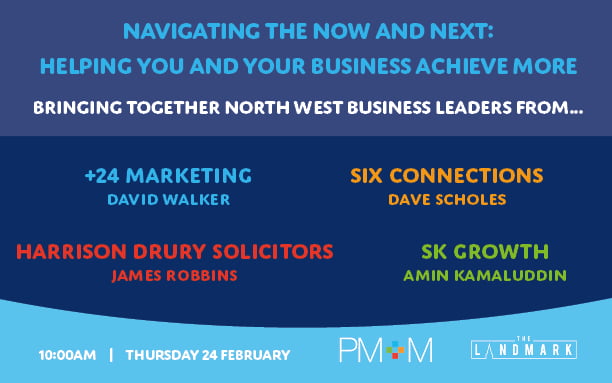Jeremy Hunt has this morning (27 January 2023) delivered a speech on the UK growth plans and his long-term vision for how to boost the UK’s economy, his first big economic speech since the Autumn Statement where he unveiled tax rises and spending cuts worth billions. He outlined his ‘plan for growth’ under 4 pillars (the four E’s of economic growth), which he says are essential for any modern, innovation-led economy:
Enterprise
Hunt stated that the UK needs its most dynamic and productive companies if it is to be Europe’s most prosperous economy. He said high taxes directly affect the decisions of investors when looking to invest in Britain and our ambition should be to have “the most competitive tax regime of any major country”, which means “restraint on spending”.
He wants an enterprise culture built on low taxes, reward for risk, access to capital and smarter regulation.
Education
Hunt says that dramatic progress has been seen in education but there is still a long way to go. He admits that “we don’t do nearly as well for the 50% of school leavers who do not go to university as we do for those who do” and if we want to reduce dependence on migration and become a high skill economy, education is essential.
To do this, he says we must ensure aspiration and opportunity is as open to those who do not go to university as those who do.
Employment
Addressing the employment issues currently faced by the UK, Hunt says that if companies cannot employ the staff they need then they cannot grow.
He said “high employment levels have long been a strength of the British economic model” but the pandemic has had a huge impact on workforce participation. Total employment is nearly 300,000 people lower than pre-pandemic levels with around one-fifth of working age adults economically inactive, which is “an enormous and shocking waste of talent and potential.”
His aim is to fix what he refers to as the “productivity puzzle”.
Everywhere
Hunt explains that his ‘everywhere’ pillar means ensuring that the benefits of economic development are felt not just in London and the South East but across the whole of the UK.
He says young people should not feel that they need to head south “to make a decent living”, stating this is socially divisive and economically damaging. He added that this is why levelling up is so important.
The speech was wrapped up by outlining the importance of the UK never forgetting the ingenuity and optimism that is our hallmark.
With so much noise around the government’s strategy for the economy and today’s announcements from the Chancellor, it will be interesting to see in the coming weeks what predictions we can expect to be announced as part of the Chancellor’s Budget on 15 March.
PM+M will be holding Budget events on 16 March in East Lancashire and Bury, sharing our insights and analysis on what has been revealed – to register for one of our events, click here.





